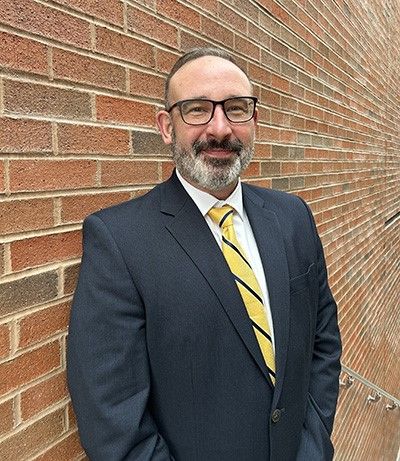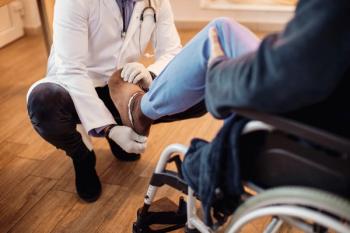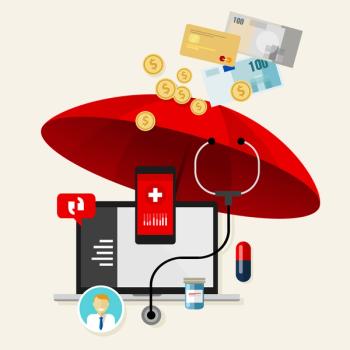
About 1,700 hospitals will receive lump sums after the Supreme Court ruled that CMS was wrong when it cut reimbursement rates for Part B drugs.


About 1,700 hospitals will receive lump sums after the Supreme Court ruled that CMS was wrong when it cut reimbursement rates for Part B drugs.

After pressing from healthcare advocates, the federal government continues some flexibilities that had been set to expire. Now the press is to make reforms permanent.

Whether they saw patients in an office or virtually, doctors prescribed medication for attention deficit hyperactivity disorder at similar rates, according to an analysis by Epic Research.

Researchers found an association between ADHD and three inflammatory conditions—atopic dermatitis, otitis media, and herpes simplex infection.

Researchers for the electronic health record company say their findings suggest that telehealth is typically an efficient use of resources.

Job candidates need to be shown that the workplace is flexible and set up to accommodate their individual needs.

The program reduced per-episode spending as intended, the researchers found. But those savings were offset by bonuses paid to hospitals for beating financial benchmarks, leading to a net loss.

The report highlights the gap between rigorously tested prescription digital therapeutics and products that make health or economic claims without providing supportive evidence.

Patients using the prescription digital therapeutic saw a decrease of $3,591 in healthcare costs in the six months following treatment initiation.

Health systems with more primary care doctors and palliative care services saw fewer people coming back to the hospital, a new study finds.

Technology can help cut back on unnecessary administrative tasks, improve task efficiency and better preserve staff resources.

Those who received an automated call were less likely to go back to the hospital, researchers found. Those patients were also more likely to have followed up with a clinician.

The program implemented by the Trump administration is designed to put more Medicare Shared Savings Program ACOs into two-sided risk. An industry group has discouraged participation in the program.

A review of multiple studies found the COVID-19 exacerbated the economic, social and psychological difficulties that patients with cancer were already facing because of their cancer.

Researchers analyzed studies from several countries and found a link between improved transitional care for those in long-term care facilities and a lower risk of a return trip to the hospital.

The deal centers on an application that uses music and rhythm to improve patient’s gaits.

The launch is one of several digital therapeutics partnerships Pfizer has announced in recent months.

New survey from American Medical Association identifies the continued burden of prior authorizations on physicians.

Some patients aren’t getting follow-up phone calls, and others lack transportation for appointments with physicians. A new study highlights problems in post-acute care.

Those who participated in rehabilitation programs were less likely to die and had improved overall function, a recent study finds.

In their general session, Adam J. Fein, PhD of Drug Channels Institute, and Doug Long of IQVIA reviewed the current specialty pharmacy space, ongoing trends and future expectations.

A look at the challenges hospitals face due to an insufficient supply chain—and how to address them.

A vast majority said they plan to continue using telemedicine even beyond the pandemic, according to a report from Doximity.

The introduction of an electronic tracking system decreased the time from hepatocellular carcinoma (HCC) diagnosis to treatment by more than a month.

Despite calls for better integration of social care into healthcare delivery, the lack of adequate payment models has stymied efforts to improve health and reduce costs by paying for social interventions.